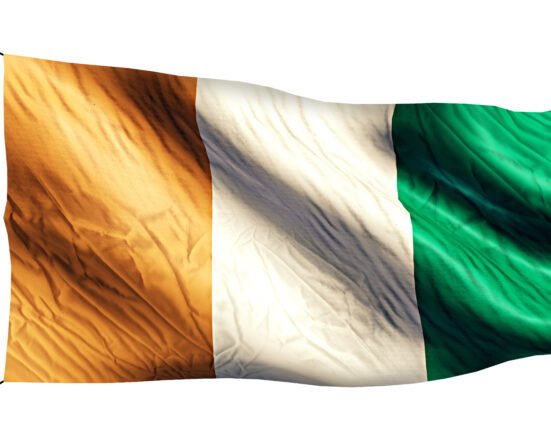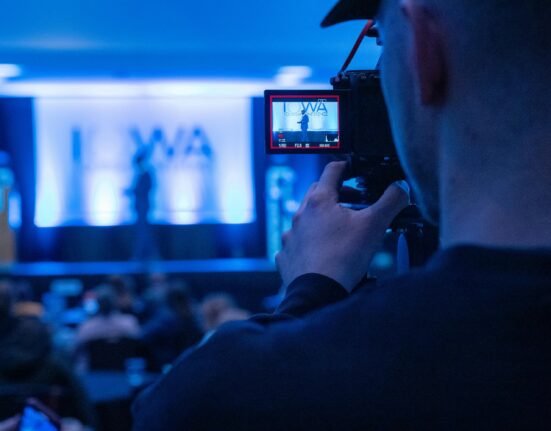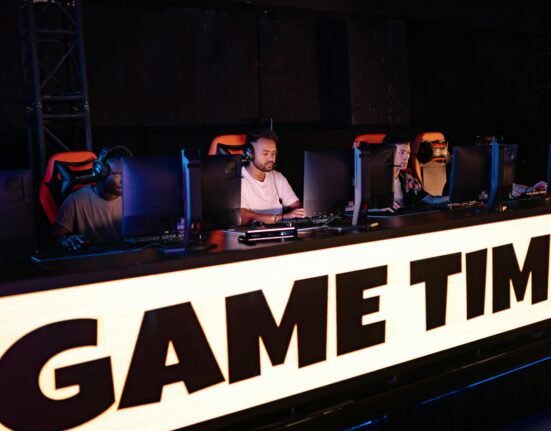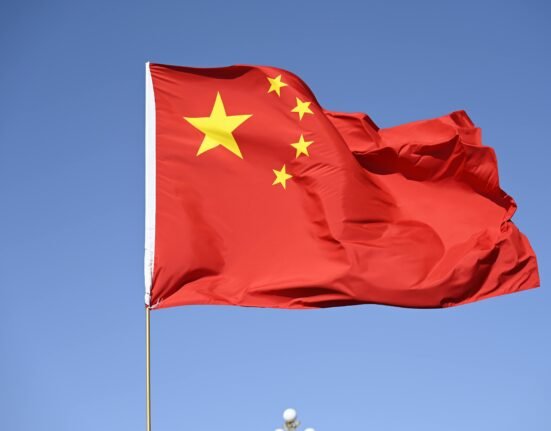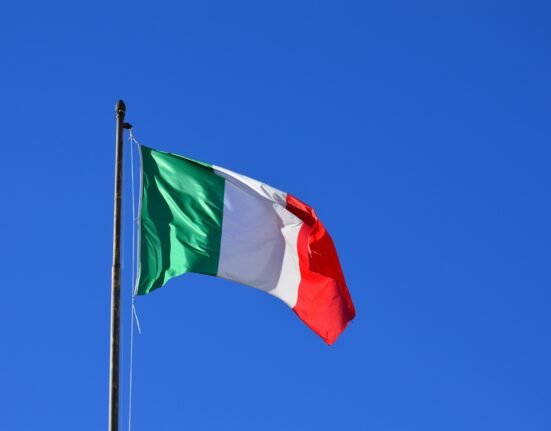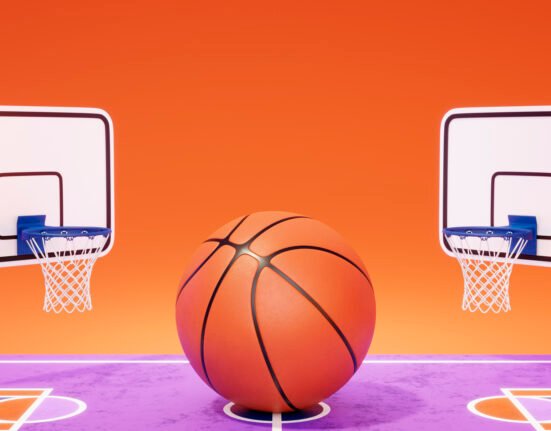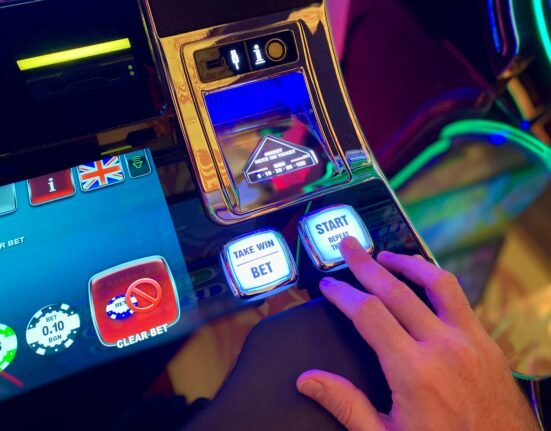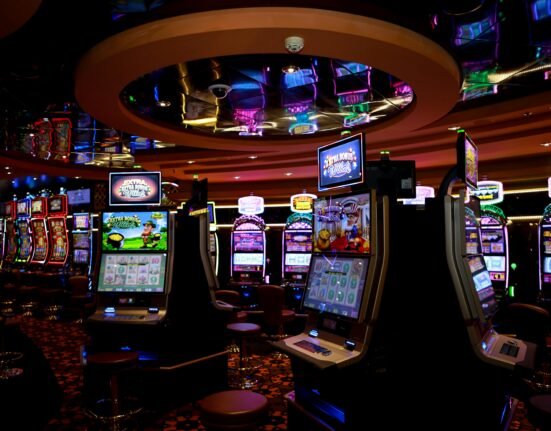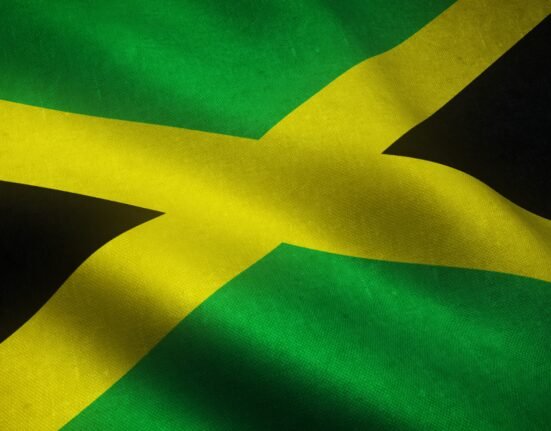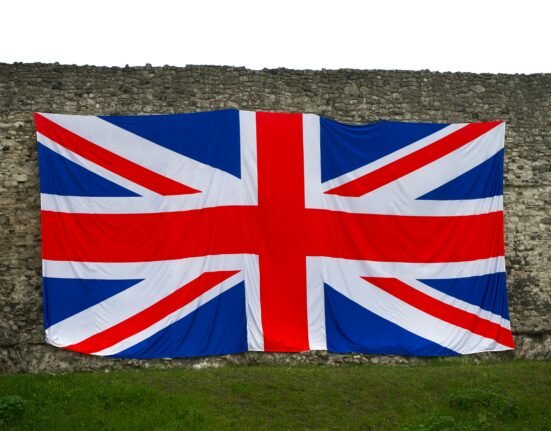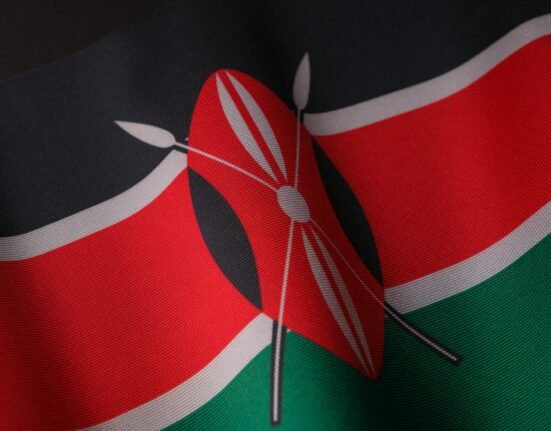New advertising restrictions limit branding exposure, ad durations, and media placements in a phased approach toward full ban
As of July 1, 2025, Lithuania has formally begun implementing strict new advertising controls on its gambling sector, marking the start of a phased plan to completely ban gambling advertising by 2028. The move, directed by amendments to the country’s Gaming Law, seeks to mitigate the social harms associated with problem gambling and reduce its visibility, particularly to vulnerable populations.
A Transition Toward Total Advertising Prohibition
The newly enforced regulations sharply curtail where and how gambling operators can promote their services. From now on, operators may only display their branding at their physical premises or on their official websites. All other forms of external branding, such as billboard campaigns or ads on third-party sites, are now prohibited.
Advertising in mass media has also been restricted. While gambling ads will still be allowed on television, radio, and online, they must adhere to strict parameters:
Ad length cannot exceed 15 seconds
Broadcasts are limited to three times per hour from 06:00–18:00, and twice per hour from 18:00–00:00
Direct links from online ads to betting platforms are banned
These limitations are considered temporary stepping stones toward a full-scale advertising ban set for 2028, as affirmed by Sandra Vitkevičiūtė, advisor to the Gaming Control Authority. “The aim is to reduce the accessibility of gambling and the harm it causes to society,” she stated.
Sponsorships Allowed, But Branding Names Face Limitations
While operators can continue sponsoring sports teams, cultural events, and individual athletes, there is a crucial new restriction: sponsored clubs or leagues can no longer include the gambling operator’s name in their official title.
This change means the end of brand-league integrations such as “Optibet A League” or “Betsafe Cup,” even though sponsorships and visual branding alongside events remain permitted.
This marks a significant shift for gambling companies, many of which have used sports sponsorships as major marketing channels. Brand visibility will be limited, though logos and references can still appear in media coverage of sponsored events.
Industry Context and Regional Trends
Lithuania’s decision aligns with a growing European trend toward stricter regulation of gambling advertising. Italy banned gambling ads outright in 2019, and Belgium followed with its own partial ban in 2023. In the UK, the Gambling Act Review has also led to significant revisions in sponsorship and advertising guidelines.
Domestically, Lithuania has been grappling with rising concerns around youth exposure to gambling and the normalisation of betting in sports. The 2024 parliamentary vote in favour of the bill passed with overwhelming support—73 votes for and just one abstention, highlighting a political consensus on the need for reform.
Looking Ahead
For operators in Lithuania, the road to 2028 will require serious recalibration of marketing strategies. With direct-to-consumer promotions curtailed, brands may shift focus to responsible gambling messaging, community outreach, and digital innovation within the constraints of the law.
As the market adjusts, this transitional period may serve as a regulatory blueprint for other nations, offering a measured approach to managing gambling-related harm while balancing industry presence in sports and culture.
Bottom line: Lithuania’s evolving gambling laws are a strong signal that the country is moving toward public health-driven governance of gaming activities, prioritising harm reduction over commercial expansion.







